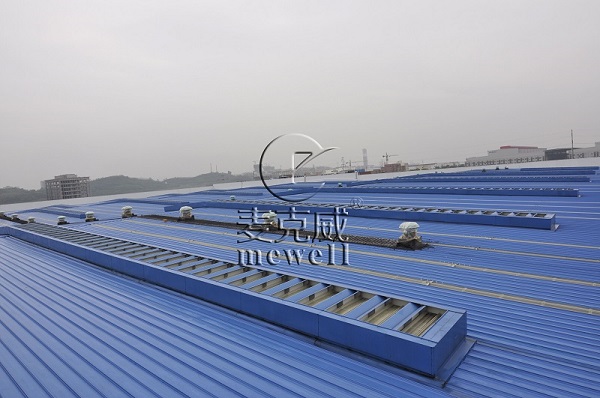- info@mcwell.cc
- +86 13881905158
- Quick Enquiry
1. For general-purpose FRP daylighting panels, because they are thermosetting materials, the production process make FRP daylighting panels have superior corrosion resistance compared to metal materials. Moreover, Mcwell's general-purpose daylighting panels are covered with chemical-resistant films and high-quality resins on the outside, so they have good acid and alkali resistance. Usually 10% hydrochloric acid or 10% ammonia water has only a slight influences. Therefore, it is a material of choice as an enclosure board in construction. But if it is immersed in 40% hydrochloric acid, the daylighting panel will be destroyed.
2. The Everbright FRP daylighting board with gelcoat technology GELCOAT process has very good corrosion resistance. 10% hydrochloric acid or 10% ammonia water has no effect on it. Soaking in 40% hydrochloric acid will have a serious impact on it, but it will not destroy the lighting panel.
3. The metallurgical industry, especially the non-ferrous metallurgical industry, uses a large number of strong corrosive media such as sulfuric acid and hydrochloric acid in the production process, causing serious corrosion to production equipment and workshops. In such factories, a large number of corrosion-resistant FRP storage tanks, electrolyzers, equipment linings, etc., as well as various acid mist scrubbers, purification towers, and FRP chimneys for exhaust gas discharge from pickling workshops,
and FRP for sulfuric acid tail gas discharge are used. In addition, In the beneficiation section of non-ferrous metallurgical enterprises, FRP chutes, FRP corrosion-resistant and wear-resistant pipelines, pump valves and other equipment are also widely used.
4. Chimneys, FRP grilles, operating platforms have become the primary means for the national metallurgical industry to reduce corrosion losses and increase the service life of equipment and equipment.
5. Most of the acids used in metal surface treatment plants are hydrochloric acid, and FRP can also be used without any problem.

